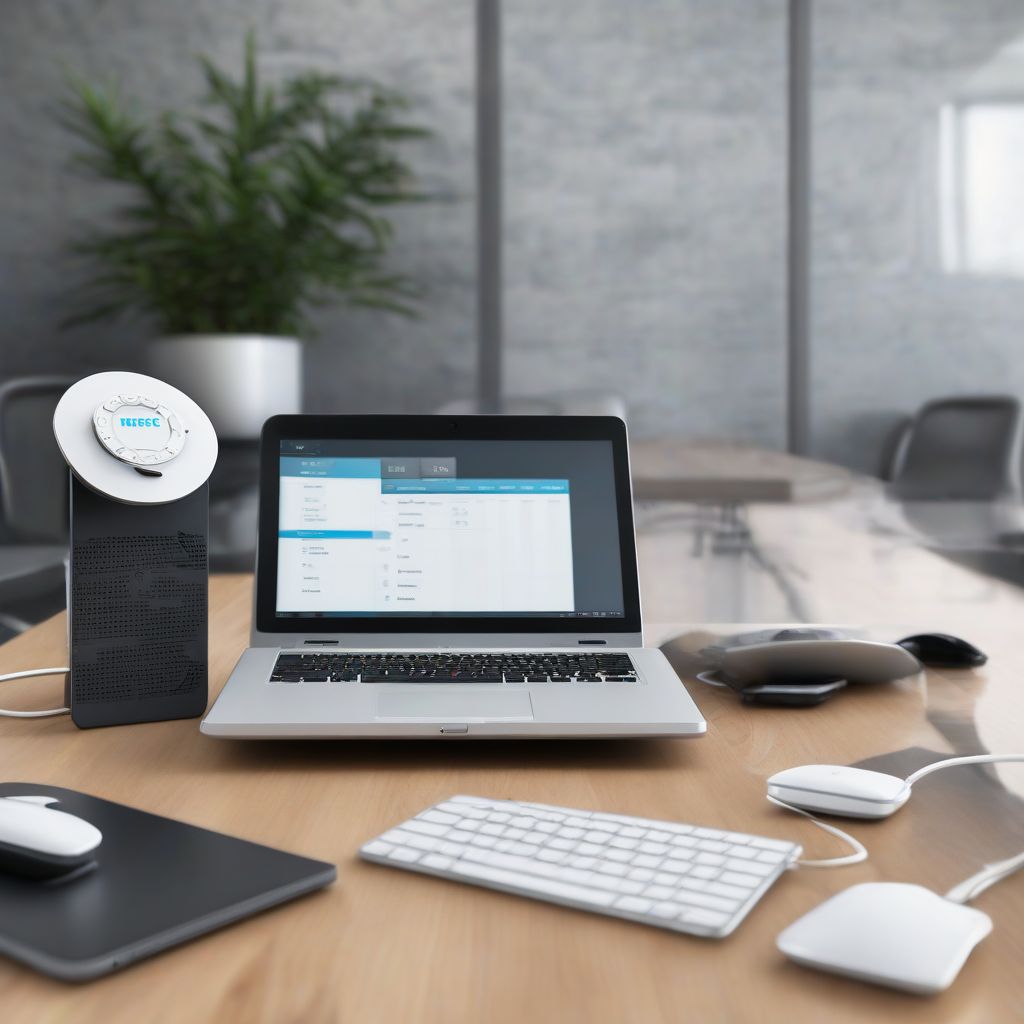Point of Sale Systems for Small Businesses: A Comprehensive Guide
In today’s fast-paced business environment, having a reliable and efficient point of sale (POS) system is no longer optional – it’s essential. This is especially true for small businesses, where every transaction counts and streamlined operations can make all the difference. But with so many options available, choosing the right POS system for your small business can feel overwhelming.
This comprehensive guide delves into the world of point of sale systems, providing you with the knowledge and insights you need to make an informed decision for your business’s unique needs.
What is a Point of Sale (POS) System?
A POS system is more than just a cash register. It’s a comprehensive software and hardware solution that acts as the central hub for processing transactions, managing inventory, and tracking sales data.
Why are POS Systems Important for Small Businesses?
For small businesses operating on tight margins, efficiency and accurate data are paramount. Here’s why POS systems are critical:
- Streamlined Transactions: POS systems expedite the checkout process, minimizing customer wait times and reducing errors.
- Inventory Management: Track inventory levels in real-time, receive automated low-stock alerts, and optimize your ordering processes.
- Sales Analytics: Gain valuable insights into your sales trends, best-selling products, and peak hours, enabling you to make data-driven decisions.
- Enhanced Customer Management: Gather customer data to create loyalty programs, target marketing campaigns, and provide personalized experiences.
- Employee Management: Some POS systems offer features for tracking employee hours, managing payroll, and monitoring performance.
Key Features to Look for in a POS System
- Inventory Management: Robust inventory tracking, categorization, and reporting capabilities.
- Sales Reporting and Analytics: Generate detailed sales reports, track performance over time, and identify trends.
- Customer Relationship Management (CRM): Capture customer data, manage loyalty programs, and personalize interactions.
- Employee Management: Time clock functionality, employee performance tracking, and potentially payroll integrations.
- Payment Processing: Integrate with various payment processors, accept multiple payment methods (credit cards, debit cards, mobile payments).
- Hardware Integration: Compatibility with receipt printers, barcode scanners, and other essential hardware.
- Industry-Specific Features: Consider POS systems tailored to your industry’s specific needs (e.g., restaurants, retail, salons).
How to Choose the Right POS System for Your Business
- Identify Your Needs: Assess your specific business requirements, such as inventory volume, transaction frequency, and desired features.
- Set a Budget: Determine a realistic budget for both hardware and software costs. Consider ongoing subscription fees for cloud-based systems.
- Read Reviews: Research and compare different POS systems online, paying attention to user reviews and industry ratings.
- Request Demos: Schedule demos with potential vendors to experience the software firsthand and ask targeted questions.
- Consider Scalability: Choose a POS system that can grow with your business and accommodate future expansion plans.
The Benefits of Cloud-Based POS Systems
Cloud-based POS systems offer significant advantages for small businesses:
- Accessibility: Access your business data from anywhere with an internet connection.
- Automatic Updates: Benefit from automatic software updates and new feature releases.
- Cost Savings: Lower upfront costs compared to traditional on-premise systems.
- Data Security: Cloud providers often offer robust data security measures and backups.
Common Questions About POS Systems for Small Businesses
Q: How much do POS systems cost?
A: Costs vary widely depending on factors such as the number of registers, features, and whether you choose a cloud-based or on-premise system.
Q: Can I use my existing hardware with a new POS system?
A: Compatibility varies, but many POS systems offer some level of integration with existing hardware.
Q: Is training provided with POS systems?
A: Most vendors provide training and support to help you get started with their system.
Conclusion
Investing in the right point of sale system is crucial for the success of your small business. By carefully considering your needs, exploring available options, and prioritizing features that align with your business goals, you can find a POS system that streamlines operations, empowers data-driven decisions, and ultimately fuels your growth. Remember, thorough research and a focus on scalability will help you maximize your POS investment for years to come.


